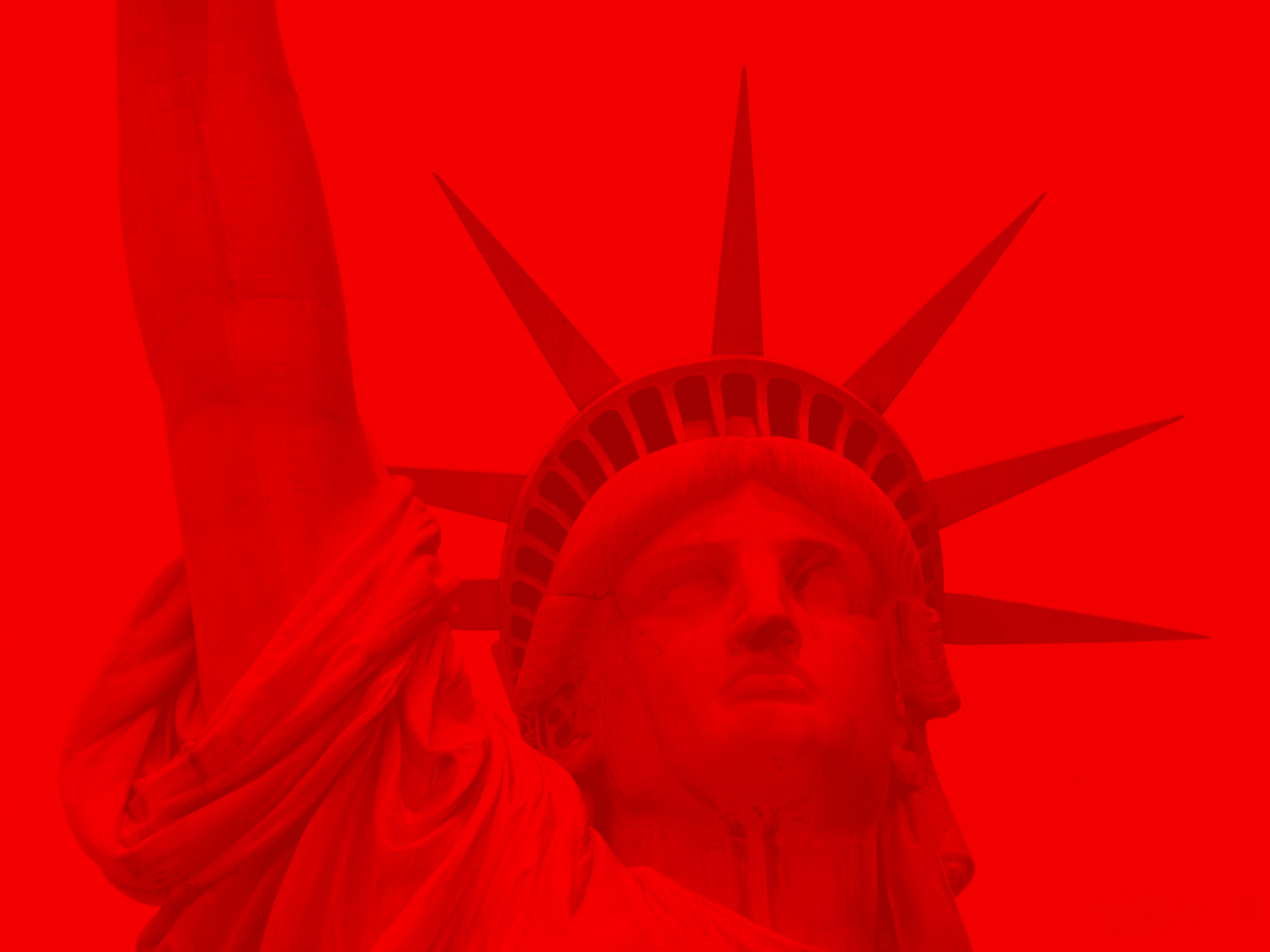The Threat of the IRGC in Europe
Iran’s operatives are already on European soil, and many are working in secret. For the past ten years, Iran has failed to meet the terms of a nuclear weapons agreement. As a result, the United Nations has reinstated a series of trade, financial, and arms restrictions, known as “snapback” sanctions.
Even with these measures, Iran and its military force, the Islamic Revolutionary Guard Corps (IRGC), remain a serious threat. Because the international community has not fully isolated the regime, the IRGC continues to operate across Europe. It uses front companies, secret agents, and financial networks to get banned materials and to intimidate or target critics of the Iranian government.
European intelligence agencies have uncovered and stopped several Iran-linked operations in recent years, ranging from assassination attempts in the United Kingdom and Germany to spying in the Netherlands and Sweden. According to Britain’s MI5 intelligence service, there have been at least 20 Iran-linked plots since 2022, some of them potentially deadly. The IRGC is not a distant threat, it is actively embedded in Europe’s security environment.
EU Inaction and the Legal Excuses
Despite this clear and present danger, Europe has hesitated to take decisive legal action against the IRGC. Bringing back sanctions that were suspended under the 2015 nuclear deal was meant to compel Iran’s compliance, not to serve as an endpoint. Iranian promises to allow partial inspections of nuclear sites and diplomatic theatrics cannot replace real legal action against the entities running Tehran’s operations on European soil.
The European Parliament voted overwhelmingly last year to urge member states to list the IRGC as a terrorist organization. Several national parliaments, including those of France and the Netherlands, have echoed that call. However, the European Union Council has stalled. It cites legal ambiguity over whether a branch of a sovereign state can be formally listed as a terrorist entity.
This is a false dilemma. The IRGC is not a conventional military institution, it is an armed political and economic network that conducts terrorist operations beyond Iran’s borders. Its status as a state organ does not shield its illegal activities.
Allied democracies have already crossed this bridge. The United States designated the IRGC as a terrorist organization in 2019, and Canada has followed suit. Neither move ended diplomatic engagement or humanitarian coordination with Iran. Europe can act with the same balance, enforcing the law without closing diplomatic doors. Many states engage Tehran on humanitarian and consular matters while maintaining terrorist listings. The distinction lies between dialogue and impunity.
The Next Step for Europe
If Europe chooses to act, a continent-wide designation of the IRGC would turn declaratory policy into tangible enforcement. It would:
Criminalize active support for the IRGC, including fundraising, logistics, and recruitment.
Freeze assets and disrupt financial flows, compelling banks and exporters to report and block suspicious activity.
Empower prosecutors and intelligence agencies to dismantle front companies, freight firms, and charities linked to IRGC activity.
Enhance cross-border coordination, allowing Europol and national authorities to investigate under a shared framework.
Several countries are already in a position to lead this effort. The UK, France, and Germany (E3), having triggered snapback, can set the example. Britain can act under its Terrorism Act 2000, providing a model for France and Germany to issue national designations that supply the “competent authority” required for an EU-wide listing. Coordination through the Council’s terrorism framework would ensure all EU members enforce the designation consistently.
Critics warn that proscribing the IRGC could escalate tensions or unfairly target diaspora communities. Both claims misrepresent the law. Proscription targets active support for the IRGC, not ethnicity or political opinion. It protects, rather than endangers, Europe’s Iranian and Jewish communities, the very groups most targeted by Tehran’s intimidation campaigns.
Snapback resets the international rulebook, but without coordinated enforcement across Europe, it risks remaining symbolic. The IRGC will continue exploiting loopholes in financial and legal systems unless governments act decisively. Proscription is not escalation; it is enforcement, the necessary bridge between sanctions and security.
The E3 initiated snapback to uphold the global non-proliferation regime. Now they must ensure it has meaning at home. The window is brief, the instruments are ready, and the threat is clear. Snapback has done its part. Europe must do its own by proscribing the IRGC before it strikes again.



